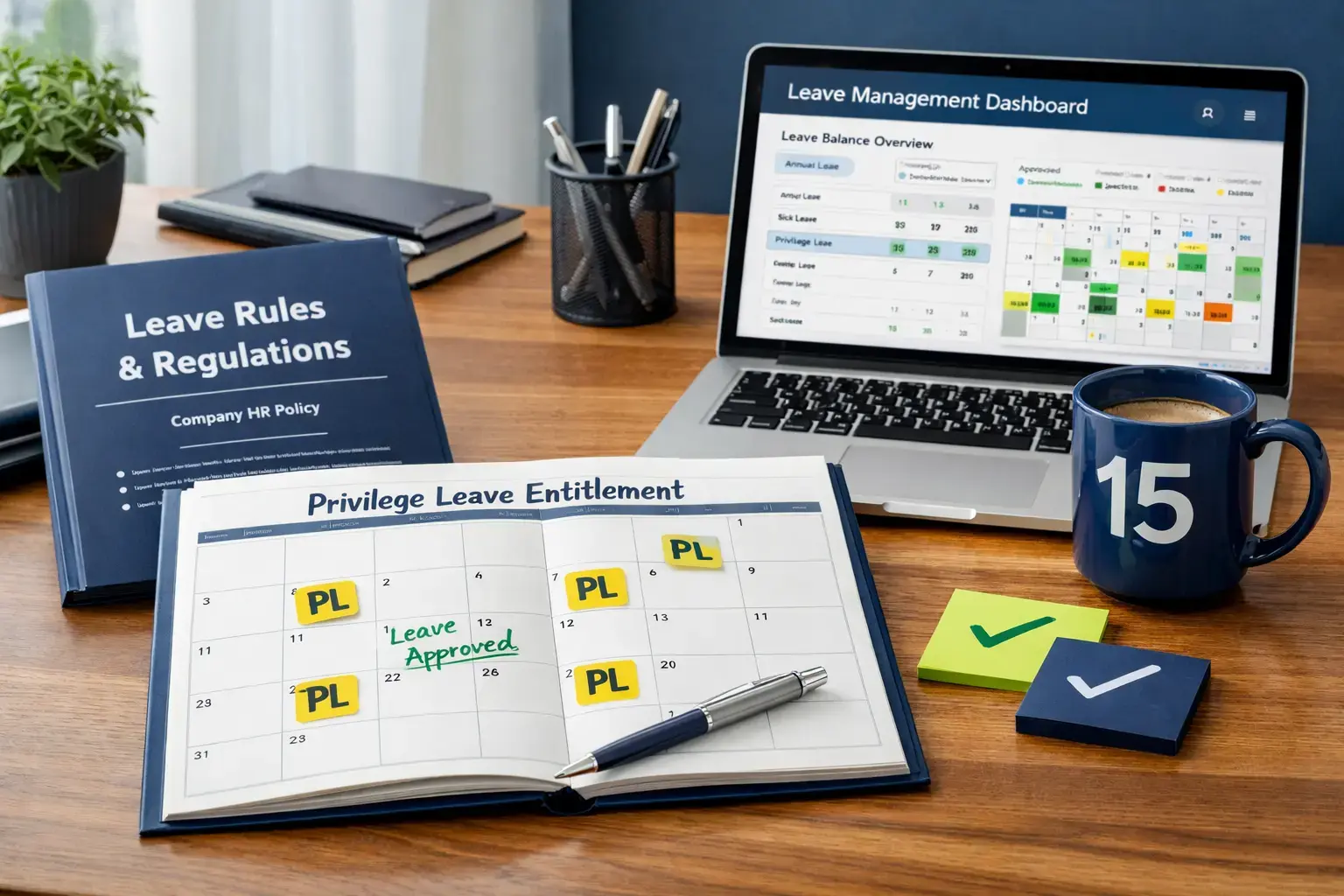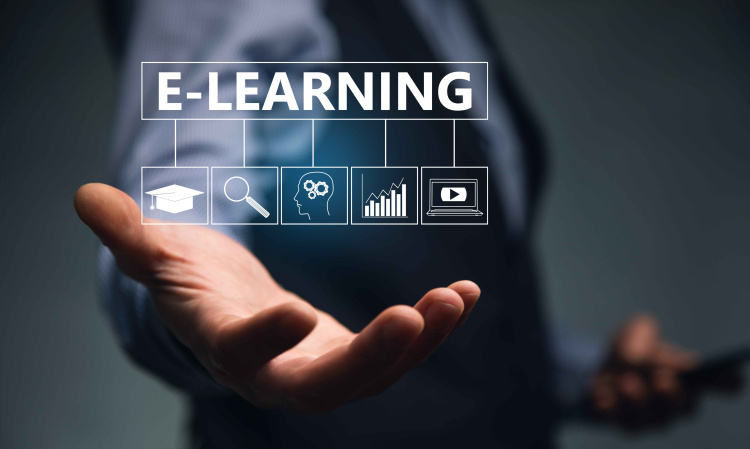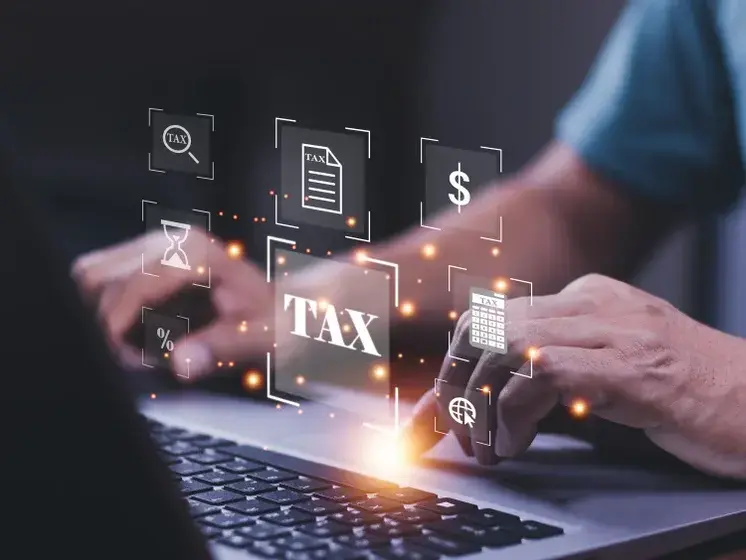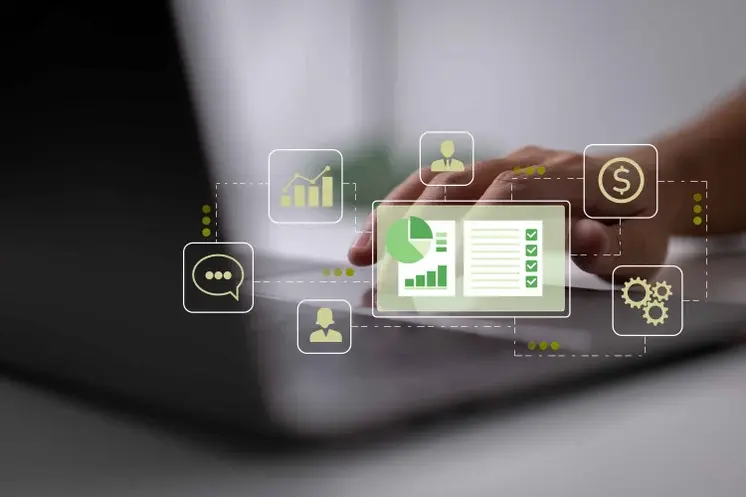Understanding the Landscape of LMS in 2024
In 2024, the strategy of learning management systems is central to driving employee development. The latest trends in LMS adoption strategies reflect a keen focus on leveraging technology for personalized and efficient learning. Artificial Intelligence (AI) is at the forefront, transforming LMS into platforms that not only deliver content but also adapt to individual learning styles, making education more engaging and effective. This personalized approach is a game-changer, ensuring that learning aligns with each employee's unique needs and pace.
Also Read: Corporate Learning Management: Strategies for Success
Additionally, the increased mobile compatibility of LMS platforms marks a significant shift in how learning is accessed and consumed. This mobility is crucial for LMS adoption strategies, as it allows learning to seamlessly integrate into the daily lives of employees, fostering a culture of continuous improvement and adaptability. In essence, the evolving features of LMS in 2024 are not just enhancing the learning experience; they are reshaping the entire landscape of employee development, making it more dynamic, accessible, and aligned with the fast-paced corporate world.
Assessing Organizational Needs and Readiness
For LMS adoption to be successful, it must resonate with the organization's core objectives and the specific requirements of employee development programs. A thorough analysis of existing training mechanisms is important to pinpoint areas where an LMS can bring about transformative change. This process involves identifying skill gaps, understanding employee learning preferences, and aligning the LMS adoption strategy with long-term business goals.
Also Read: Cloud LMS vs. On-Premises: Making the Right Choice
Choosing the Right LMS
When it comes to LMS adoption strategies, selecting the right platform is pivotal for the strategy of learning management systems, especially as it pertains to employee development in 2024. A perfect fit is an LMS that not only scales with your organization’s growth but is also straightforward to use and can easily integrate with existing systems. Scalability ensures that as your business expands, your LMS can handle the growing number of users and the complexity of training content without a hitch. User-friendliness is about making sure that your team can navigate the LMS without getting bogged down by complexities, fostering a smooth and efficient learning experience. And, integration capabilities mean that your LMS should seamlessly blend with other tools and systems in your workflow, ensuring a unified and efficient infrastructure.
A user-centric approach in the selection process is paramount. The focus should be on how the LMS serves the end-user, and your employees. After all, the success of LMS adoption strategies hinges on how well the users can engage with and benefit from the platform. This means looking for features that cater to the diverse learning preferences and requirements of your employees. It's about creating an environment where learning is not just another task, but a rewarding experience that employees are keen to engage with. In sum, the right LMS should not just fit your organizational needs but should also resonate with and adapt to the evolving needs of your employees, playing a strategic role in the continuous development and empowerment of your workforce in 2024 and beyond.
6 Strategies for Effective LMS Implementation
Comprehensive Planning and Analysis: Prior to implementation, conduct a thorough analysis of your organization’s needs and objectives. Tailor your LMS adoption strategies to these insights, ensuring that the chosen system aligns with your goals for employee development in 2024 and beyond.
Engagement through User-Centric Design: Choose an LMS that is intuitive and easy to navigate. A user-centric design is essential for encouraging active engagement and ensuring that the strategy of the learning management system aligns with the user's preferences and learning styles.
Robust Training and Support: Provide comprehensive training for all users, both technical and non-technical. A strong support system, including readily available help resources and responsive technical support, is crucial for smooth LMS adoption and ongoing use.
Iterative Feedback and Improvement: Establish a feedback loop with users to continually refine and improve the LMS. Regularly gather insights and suggestions from employees and use this feedback to enhance the system, keeping it responsive to the evolving needs of employee development.
Effective Integration with Other Tools: Ensure that the LMS seamlessly integrates with existing systems and tools within the organization. Smooth integration minimizes disruptions and supports a more cohesive and efficient digital ecosystem.
Monitoring and Analytics: Leverage the LMS’s analytics tools to track progress and measure effectiveness. Use data-driven insights to make informed decisions about content, learning paths, and overall strategy, ensuring that your LMS adoption strategies are effectively contributing to the goals of employee development in 2024.
Measuring Success and Continuous Improvement
The adoption of an LMS is not the end but the beginning of a journey towards continuous learning and improvement. Measuring the success of LMS implementation through the right metrics is vital to understanding its impact on employee productivity and skill enhancement. Moreover, a framework for regular feedback and timely updates to the LMS ensures that the system evolves in tandem with technological advancements and changing organizational needs.
The strategic adoption of an LMS is more than a trend; it's a forward-thinking approach to nurturing talent and driving organizational growth. The insights shared in this blog illuminate the path toward a successful LMS adoption strategy, emphasizing the need for a thoughtful approach that aligns with both organizational objectives and employee development needs. As we look towards 2024 and beyond, the role of an effective LMS in staying competitive and fostering a culture of continuous learning and improvement cannot be overstated. By implementing the discussed strategies and insights with the changing needs of the workforce, organizations can ensure that their LMS adoption is not just a procedural step, but a transformative move towards a more informed, skilled, and adaptable workforce.
Request a Demo Now!

.png?width=70&height=70&name=Team%20HONO%20logo-01%20(1).png)









